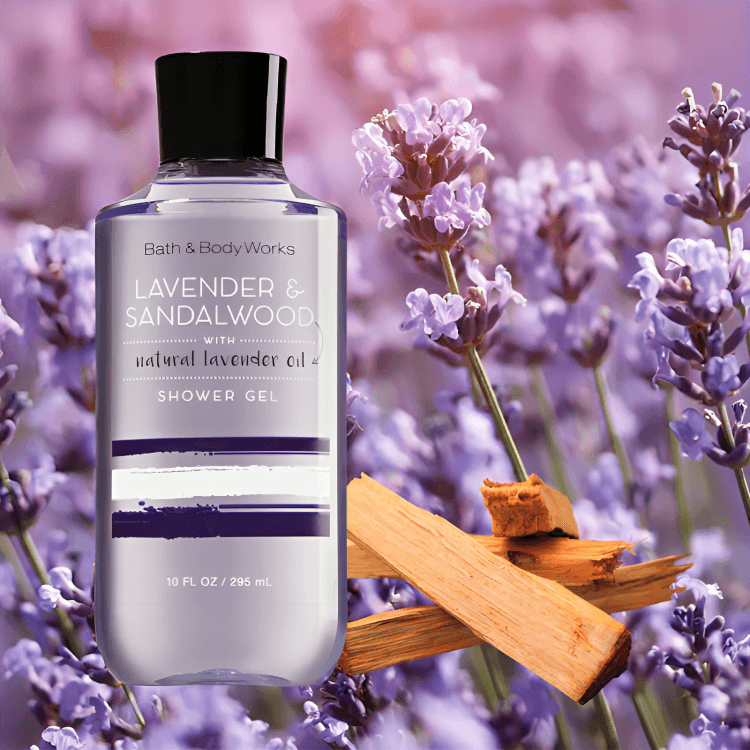
“
In today’s fast-paced world, mastering coping strategies for high-stress situations is essential for emotional well-being and mental clarity. By learning and applying practical methods such as mindfulness, problem-solving, or healthy routines, you can remain calm and resilient even during life’s most challenging moments. This blog explores 20 informative facts about coping strategies for high-stress situations that can support your mental strength and everyday success.1
1
”
Ancient Greek physician Hippocrates emphasized balance in life as the root of health. His wisdom remains relevant—true well-being arises from nurturing body, mind, and environment, especially during high-stress situations that test our inner equilibrium.1
Engaging in regular physical activities like brisk walking, swimming, or yoga activates endorphins—your body’s natural painkillers—which elevate mood, reduce anxiety, and improve mental resilience when life becomes overwhelmingly stressful.2
A balanced diet—rich in colorful fruits, whole grains, lean proteins, and omega-3 fatty acids—nourishes the brain, regulates emotions, and supports physiological functions needed to buffer high-pressure situations.3

Consistent, quality sleep isn’t a luxury—it’s a necessity. Regular sleeping hours restore your cognitive functions, regulate hormones, and enable better emotional processing, all essential for withstanding pressure without burning out.
Social connections serve as psychological lifelines. Confiding in friends or trusted loved ones can ease emotional burdens, provide perspective, and reinforce a sense of belonging in stressful and isolating times.4
Time management techniques, like creating to-do lists or using time blocks, reduce mental overload. When tasks are broken into achievable segments, stress lessens and focus sharpens, making challenges more manageable.5
As psychiatrist Viktor Frankl famously stated, “Between stimulus and response, there is a space. In that space is our power to choose.” Stress can’t be avoided, but the response is always in your power.6
Creative hobbies—whether painting, writing, dancing, or building models—offer emotional release. They shift focus from problems to joy, providing a mental “escape hatch” and empowering self-expression during turbulent times.7
Creating firm boundaries between work and personal life prevents emotional exhaustion. Declaring “off-hours” and sticking to them protects mental space needed to recharge and show up stronger for responsibilities.8

Scents like lavender, sandalwood, and bergamot aren’t just pleasant—they influence brain waves. Aromatherapy activates the limbic system, which governs emotion, thus calming nerves and sharpening focus under stress.
A daily gratitude practice—writing down three good things—can rewire your brain over time. It shifts your attention from adversity to appreciation, boosting optimism and creating a buffer against distress.9
Nature therapy is no longer poetic; it’s backed by science. Spending even 15 minutes in green spaces significantly lowers cortisol, improves mood, and renews cognitive function—perfect for escaping mental overwhelm.10
Journaling clarifies tangled emotions. Writing freely in a journal helps process difficult experiences and reveals patterns in stress triggers, ultimately transforming abstract tension into organized thought and reflection.11
Reducing screen time, particularly before sleep, improves melatonin production and mental rest. It also frees time for reflection, creativity, or connecting—crucial for stress reduction in today’s hyperconnected lives.12
Doing volunteer work and helping others can trigger the “helper’s high.” Acts of kindness foster connection, purpose, and perspective, reminding us of the bigger picture beyond personal stressors.13

Strategic breaks—whether five minutes or an hour—refresh your mental focus. Micro-pauses let your brain reset, preventing the burnout that often results from pushing through stress without rest.
Acceptance and Commitment Therapy (ACT) teaches people to make peace with difficult thoughts rather than fight them. This mindfulness-based approach boosts flexibility and reduces stress through present-moment awareness and self-compassion.14
Laughter releases feel-good hormones and lowers adrenaline. Watching a funny video, joking with friends, or reminiscing about humorous events disrupts the stress response and replenishes emotional energy. 15
Biofeedback trains you to control physiological reactions to stress, such as heart rate or muscle tension. With practice, you gain mastery over symptoms, building resilience from the inside out.16
Problem-solving skills empower you to tackle issues head-on. Instead of being overwhelmed, you dissect the challenge into parts, evaluate options, and create a roadmap—replacing helplessness with action.17


